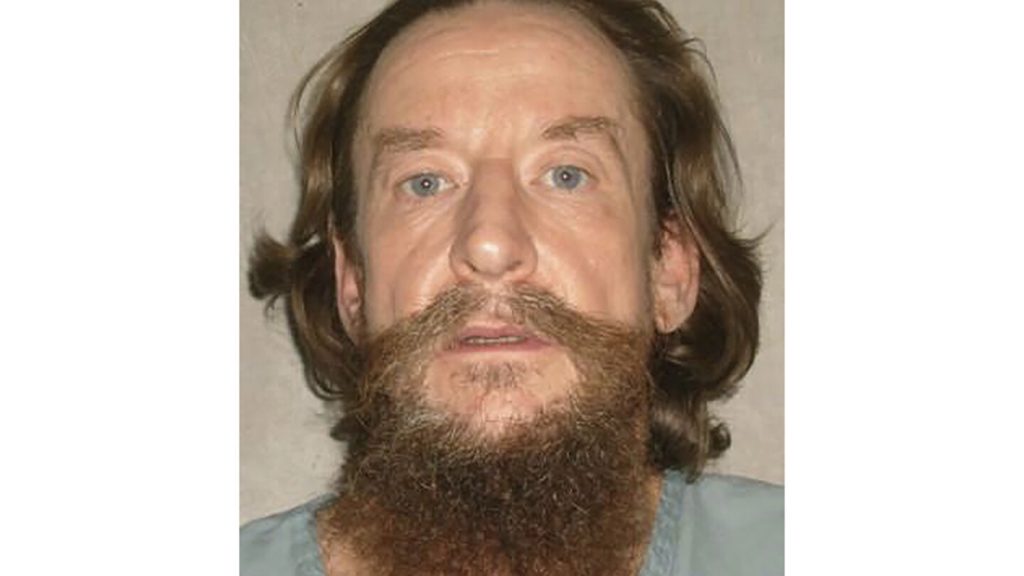Oklahoma Judge Michael Hogan has ruled that death row inmate James Ryder is not competent to be executed for his involvement in the 1999 killings of a mother and son. Ryder, 61, was deemed not competent under state law due to his diagnosed psychotic disorder of schizophrenia. His attorney, Emma Rolls, stated that Ryder has suffered from schizophrenia for nearly 40 years and has little connection to reality. She urged the state to halt any further attempts to execute him, as it would be unconstitutional.
During a competency hearing, two defense experts testified that Ryder’s condition had deteriorated significantly over the years and would continue to worsen. On the other hand, an expert for the state argued that Ryder was competent enough to understand the reason for his execution and the immediacy of it. Ryder was originally sentenced to death for the beating death of Daisy Hallum and to life without parole for the shotgun killing of her son, Sam Hallum. He had lived on their property for several months in 1998 and had a dispute with the family after moving out.
According to state law, the Department of Corrections and the Department of Mental Health and Substance Abuse Services are responsible for determining the best place for Ryder to be held in safe confinement until his competency is restored. Attorney General Drummond expressed disappointment that Ryder is now ineligible for execution but stated that the state will continue to work towards restoring his competency so that justice can be served for the Hallum family. It is important to note that under Oklahoma law, an inmate is considered mentally incompetent to be executed if they do not have a rational understanding of the reason for their execution or the imminent nature of it.
The court’s decision to deem Ryder incompetent for execution highlights the complex issue of mental health in the criminal justice system. The case raises questions about the appropriateness of executing individuals with severe mental health disorders and the need for proper assessment and treatment of such individuals within the prison system. The ruling also serves as a reminder of the challenges faced in balancing justice for victims and defendants, particularly in cases involving individuals with mental health issues.
Despite the ruling, the state remains committed to seeking justice for the victims and their family. The decision to prioritize restoring Ryder’s competency reflects a commitment to upholding the principles of justice and fairness in the legal system. Moving forward, the case will likely continue to spark conversations about the intersection of mental health and criminal justice, highlighting the need for continued advocacy and support for individuals with mental health disorders within the legal system. The outcome of this case may have broader implications for how the criminal justice system addresses mental health issues in the future.


